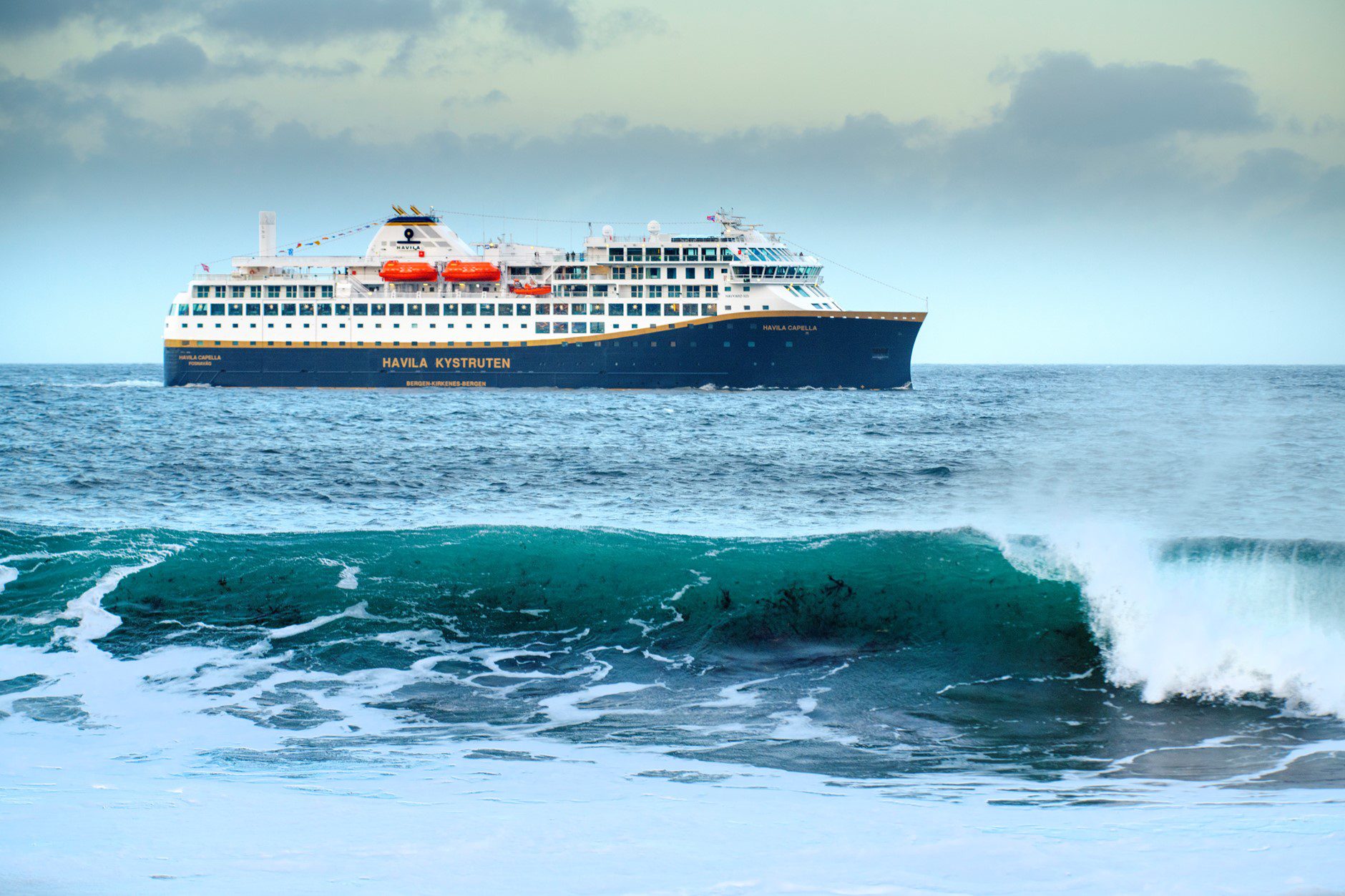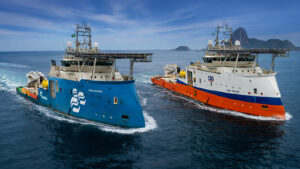
Norway-based Havila Kystruten shipping operator is changing the rules for the transport of vehicles on board the company´s ships, excluding electric, hybrid, and hydrogen vehicles due to the fire risk. Havila reports it requested an external assessment regarding the transport of cars and motor vehicles on board the company’s coastal route ships. They retained Proactima AS to carry out the risk analysis.
After the external assessment the company has decided that only cars and motor vehicles that use fossil fuels, can be transported on board the company’s ships, in selected ports along the coastal route. This means that electric, hybrid and hydrogen cars cannot be transported on board.
“This is a purely safety assessment, and the conclusion of the risk analysis shows that a possible fire in fossil vehicles could be handled by the systems and crew we have on board,” says the CEO of Havila, Bent Martini. “Any fire in electric, hybrid or hydrogen cars will require external rescue efforts and could put people on board and the ships at risk.” The company highlights that the ships were built with the latest system and meet the current safety requirements.
They noted that the ships are “built with their own battery packs, and they are installed in accordance with current fire safety requirements on ships. This means that our batteries are separated into isolated and fireproof rooms, with specific fire protection systems,” as the CEO of the company explains.
While the company will continue to transport fossil-fuel cars, they have also decided to limit the boarding and disembarking of private vehicles to only Bergen and Kirkenes, with the exception of service vehicles for personnel who carry out necessary work on board the company’s ships and emergency vehicles. This also assumes that these are pure fossil cars.
“There is limited capacity for vehicles on board, due to the need for space in the hold for contractual transport of other cargo. Testing over the past year also shows that we are experiencing challenges in some ports based on variations in tides. We do not want to risk damage to either vehicles or ships when handling private vehicles,” as Bent Martini explains.
“We are fully aware that there is some expectation, especially from the coastal community, that ships along the coastal route will assist in the transport of private motor vehicles between ports. At the same time, it is not a requirement in the agreement with the Ministry of Transport and Communications that ships on the coastal route must carry private cars”, he concludes.
Source: Havila Kystruten


